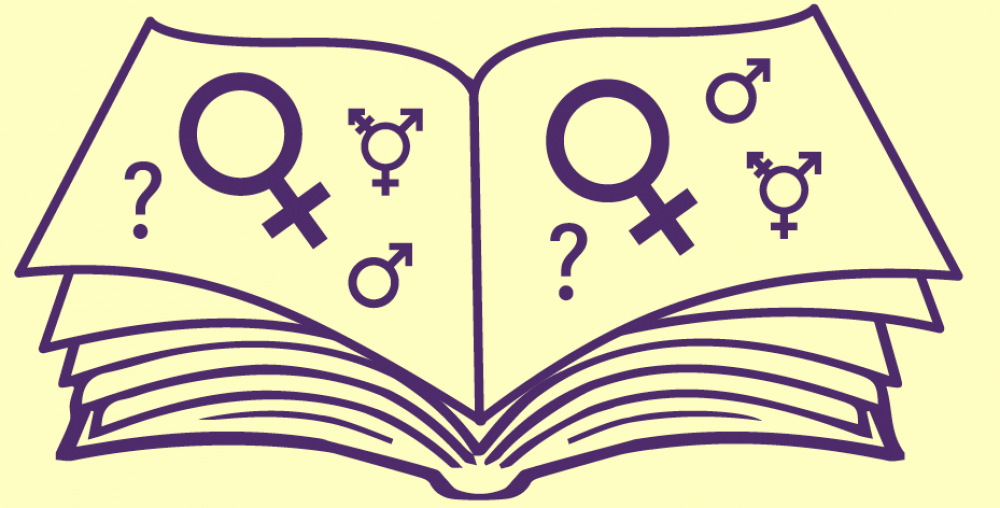As I was reading “Components of Gender” I admired her braveness in fighting against her fears. I thought that she what she meant by refusing to play gender games was refusing to act the way society expects her to act according to her gender. This has to do a lot with fear because it meant not fitting in and being judged by everybody around her. As she explained in her passage “I didn’t know how I would survive humiliation”(Franks,51), “I didn’t know how to face my friends again”(Franks51), I interpreted these quotes as if she was trying to say that she fears that she would be rejected and pushed away by everybody and just not being accepted. There are times that Esther has feared not being able to perform the expectations by society, but I don’t recall reading a part where she would act like what society expects her to. One example would be when she wants to hang out more with Betsy because she was very feminine and therefore she was respected. She ended up hanging out with Doreen, someone who doesn’t show pureness and respect to herself the way other “normal” women do.
A scene in which Esther doesn’t properly perform gender role is when she doesn’t keep correct hygiene. She says “ It seemed silly to wash one day when I would only have to wash again the next.”(Plath,128). In those times, and even now, a women is expected to keep herself clean and neat even if it means doing it every single day. Esther didn’t care what every body else thought, she didn’t even care about her odor. I feel like she doesn’t really care what society think of her because she feels that she won’t be able to succeed as a female in the future.
Introduction to Women's Studies
Just Another WordPress Site




Hi Nancy, I agree with your interpretation of Laura Franks statement of refusing to play gender games and how its based on the way society expects you to act, and the fear people have of not fitting in.
Yes, it’s very hard even to this day. But it was even easier to be judged back in the 1950’s.
I too believe that most of us live a life of fear, fear of judgement by others and society in general. But Like Laura Franks we find that if we constantly challenge society’s inane rules and expectations, we grow exponentially to be braver and more free with every barrier we break down.
I agree, we all still live a life of fear, fear of being judged, but today it’s not as bad as it used to be in the 1950’s.
You mention that Esther never truly performs femininity appropriately, and you gave a few strong examples from the novel. How, exactly, do Esther’s choices relate to fear? Do you think she was brave to resist gender roles? Do you think she was more afraid of what it would mean to perform proper femininity? What were her motivations in the scenes you discuss?